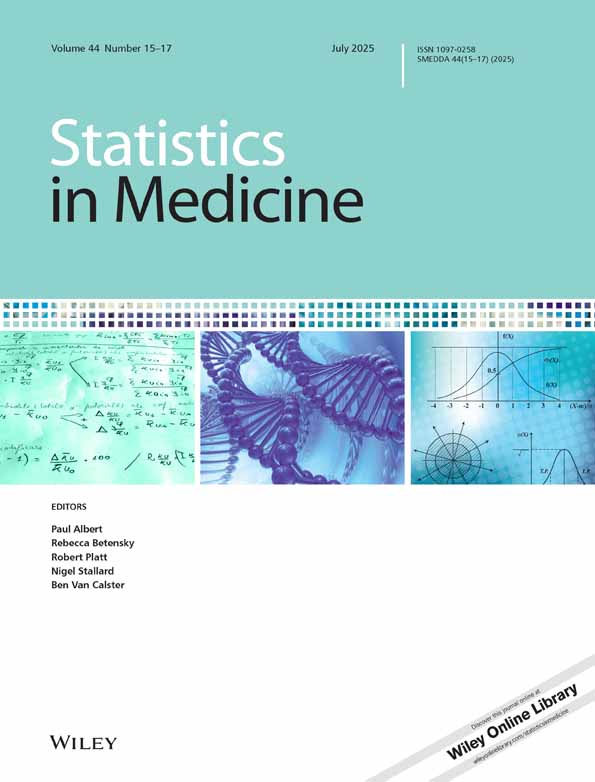Construction of a global score quantifying allelic imbalance among biallelic SIDP markers in bladder cancer†
Presented at the Twenty-third Annual Conference of theInternational Society for Clinical Biostatistics, 9–13, September 2002, Dijon, France.
Abstract
The purpose of this paper is the construction of an adapted statistical test for urinary detection of bladder cancer basedon the assessment of allelic imbalance using biallelic Short Insertion/Deletion Polymorphism DNA markers. This test is based on the comparison of several of these markers, analysed from urinary DNA, to the distribution of their analogues in blood, which is taken as reference. A reproductibility study is first performed in blood in order to make a selection among the 23 available markers and 18 are retained. A global score based on the χ2 distribution is then built to test for allelic imbalance among all informative markers for each patient. It avoids the count of DNA abnormalities marker by marker and allows to take into account the degree of abnormality of each marker. That method is preliminarily evaluated on a sample of 53 patients and 27 controls. The estimated specificity (96.3%) on that reduced sample is satisfactory, whereas sensitivity (60.4%) could be improved by an augmentation of the number of tested markers. Several issues regarding the validity of the method are discussed. Copyright © 2003 John Wiley & Sons, Ltd.




